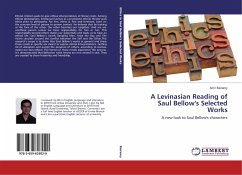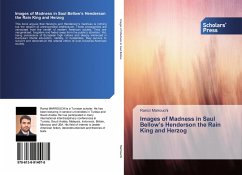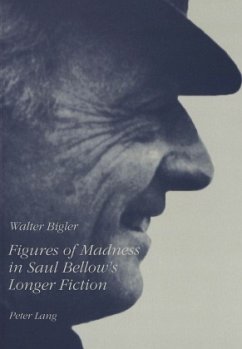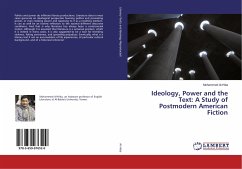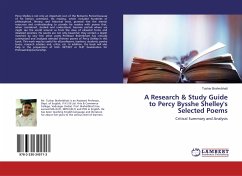
Acts of Narrative Confession in Selected Fiction of Saul Bellow
Versandkostenfrei!
Versandfertig in 6-10 Tagen
52,99 €
inkl. MwSt.

PAYBACK Punkte
26 °P sammeln!
This book examines selected fiction of Saul Bellow by problematizing the universal and static conditions of traditional narrative confession as well as its one-sided perception of reality. It analyses the concept of polyphonic confession, illustrating how Bellow s oeuvre shows a gradual movement from a monophonic mode of confessional discourse in his early fiction into a more inclusive, ethical, and polyphonic one in his later novels. Examining novels of Saul Bellow in the light of the literary and social theory of confession as developed by Mikhail Bakhtin and Michel Foucault respectively, th...
This book examines selected fiction of Saul Bellow by problematizing the universal and static conditions of traditional narrative confession as well as its one-sided perception of reality. It analyses the concept of polyphonic confession, illustrating how Bellow s oeuvre shows a gradual movement from a monophonic mode of confessional discourse in his early fiction into a more inclusive, ethical, and polyphonic one in his later novels. Examining novels of Saul Bellow in the light of the literary and social theory of confession as developed by Mikhail Bakhtin and Michel Foucault respectively, this book argues that as distinguished from social and cultural contexts, the context of art opens up a new space for the emergence of a more dynamic and reciprocal mode of truth-telling in Bellow s writings.



